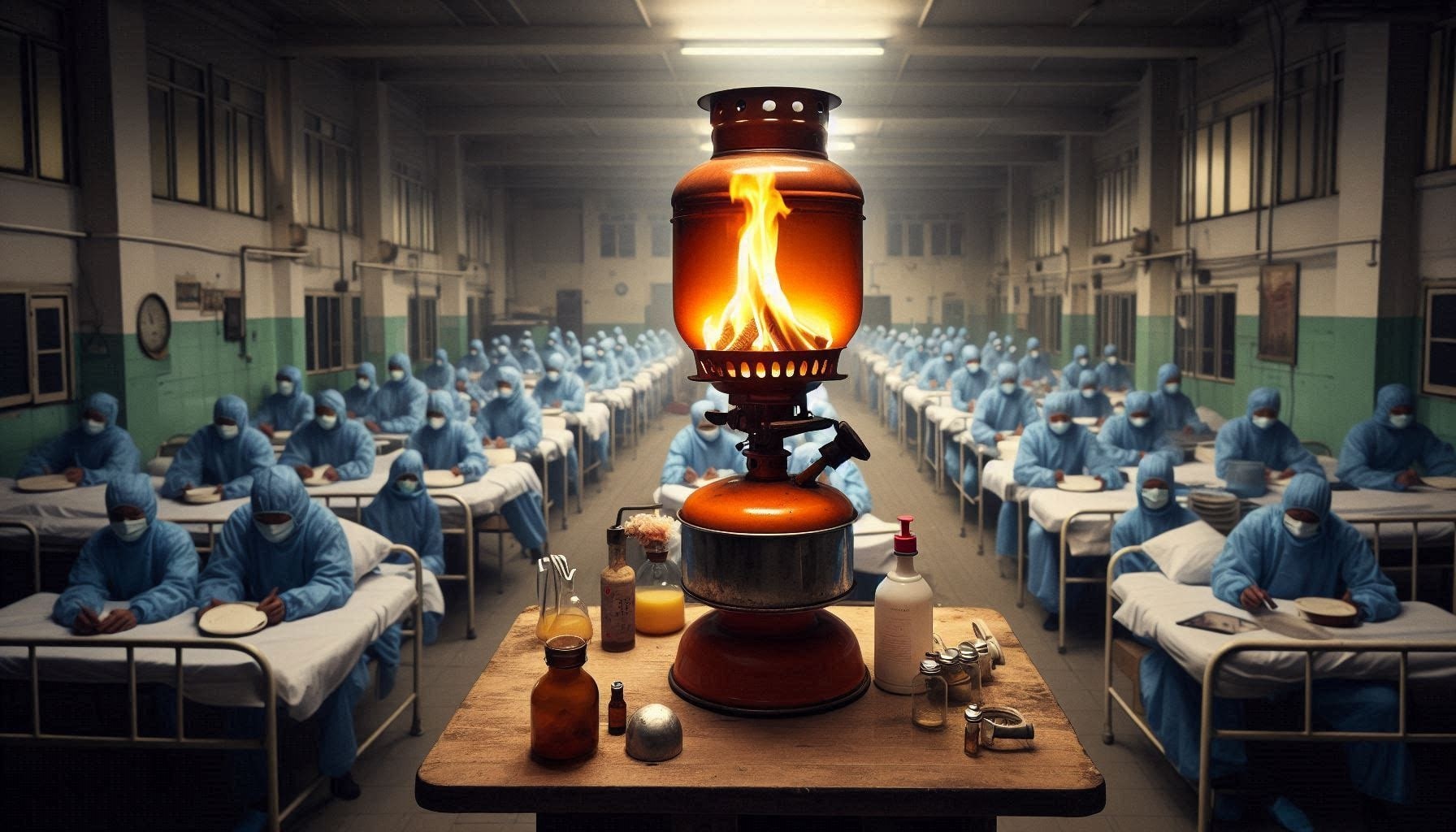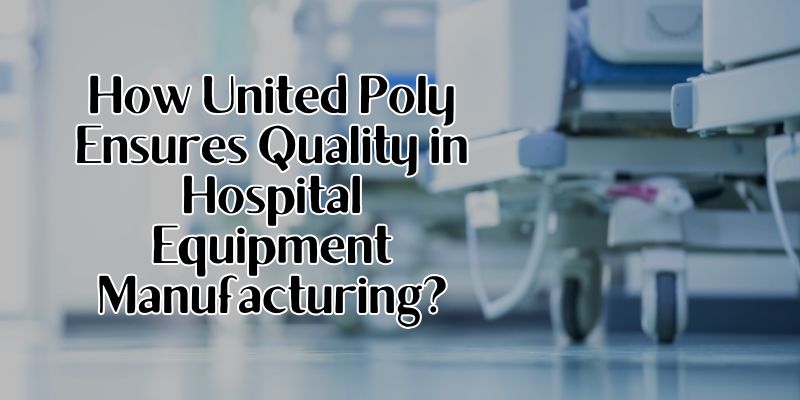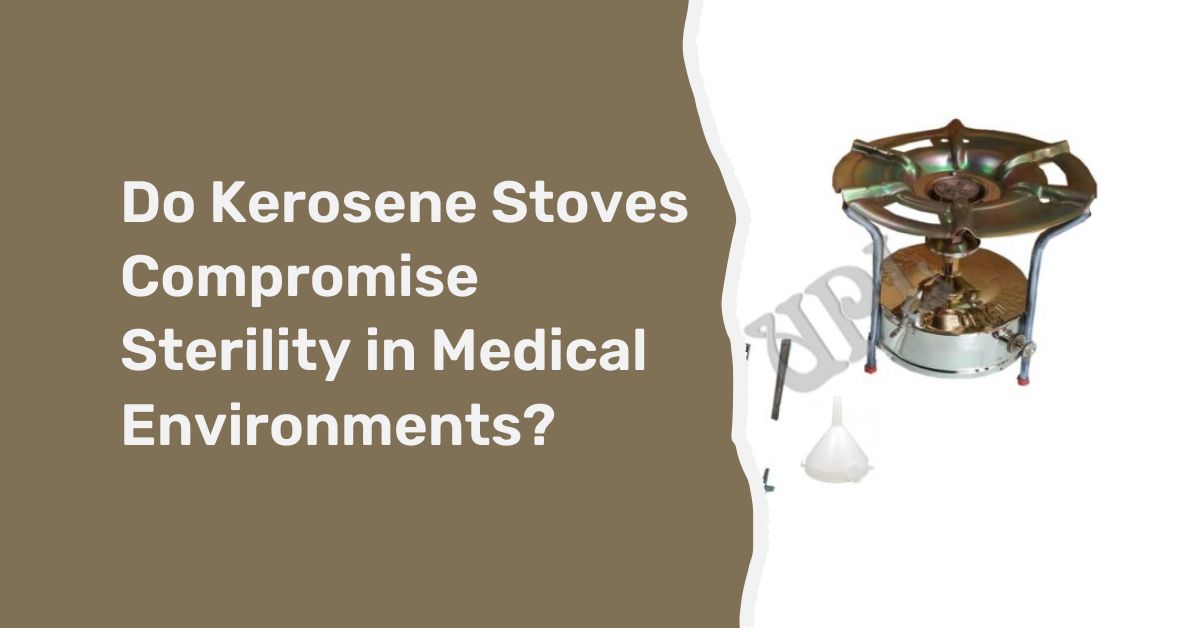When we think of hospital equipment, high-tech medical devices and sterile environments usually come to mind. However, in many parts of the world, a surprising and potentially hazardous tool can be found in hospital kitchens and emergency preparedness kits: the kerosene stove. While it may seem out of place in a medical setting, kerosene stoves play a crucial role in certain hospitals, particularly in regions with unreliable electricity or during natural disasters. But how do these seemingly antiquated devices fit into the strict safety protocols of a modern hospital?
Kerosene stoves have persisted in hospital settings for several reasons. In areas prone to power outages, they provide a dependable cooking method for patient meals and sterilizing equipment. For hospitals operating on tight budgets, kerosene remains an affordable fuel option. During natural disasters or prolonged power failures, kerosene stoves can be lifesavers, enabling hospitals to continue providing hot meals and sterilized tools. Additionally, in some regions, staff and patients are more comfortable with kerosene stoves due to their widespread household use.
Despite these benefits, the use of kerosene stoves in hospitals raises significant safety concerns that must be addressed. The open flame of a kerosene stove presents an obvious fire risk, especially in an environment filled with flammable materials like oxygen tanks and alcohol-based sanitizers. Hospitals must implement strict fire safety protocols, including designated cooking areas away from patient wards and medical equipment, proper ventilation systems to prevent fuel vapor buildup, regular maintenance and inspection of stoves, readily accessible fire extinguishers and fire blankets, and staff training on fire prevention and response.
Air quality is another critical concern when using kerosene stoves in hospitals. Kerosene combustion releases various pollutants, including carbon monoxide, nitrogen dioxide, and particulate matter. In a hospital setting, where many patients may have respiratory issues, maintaining good air quality is paramount. Measures to mitigate air quality risks include installing carbon monoxide detectors near cooking areas, ensuring proper ventilation and air filtration systems, limiting cooking times and frequency of use, and regularly monitoring indoor air quality.
Proper storage and handling of kerosene fuel is critical to prevent spills, contamination, and potential explosions. Hospitals should store kerosene in approved, clearly labeled containers, keep fuel storage areas locked and separate from patient areas, train staff on proper fuel handling and spill cleanup procedures, and implement a strict inventory system to track fuel usage and prevent theft.
Regular maintenance of kerosene stoves is essential to ensure their safe operation. Hospitals should establish a routine maintenance schedule, train designated staff members on stove repair and upkeep, keep detailed maintenance logs, and replace old or damaged stoves promptly.
While the use of kerosene stoves in hospitals presents challenges, their benefits in certain situations cannot be ignored. The key lies in striking a balance between necessity and safety. Hospitals using kerosene stoves should continuously assess the need for them and explore safer alternatives when possible, develop and regularly update comprehensive safety protocols, provide ongoing staff training on safe use and emergency procedures, conduct regular safety audits and risk assessments, and stay informed about advancements in safer cooking technologies.
It’s crucial that healthcare administrators, safety experts, and medical professionals work together to ensure that the benefits of these stoves don’t come at the cost of patient and staff safety. By implementing rigorous safety measures and continuously reassessing the role of kerosene stoves in hospital operations, we can help ensure that this unexpected piece of equipment remains a tool for resilience rather than a source of danger in our healthcare facilities.






